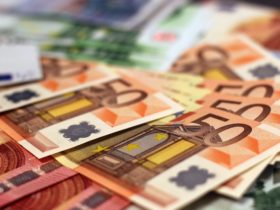The Czech government is considering moving newspapers from the lowest value-added tax (VAT) rate of 10% to the highest rate of 21% while reducing the VAT rate on magazines, including lifestyle and pornographic publications, to 12%. Books, regardless of their genre or content, will remain tax-exempt. The proposal has drawn criticism from industry insiders who warn that the move will threaten the existence of newspapers in the country.
Minister of Finance Zbyněk Stanjura has argued that newspapers are not scientific and do not deserve to be taxed at a lower rate. However, critics argue that the short-sighted proposal will have significant negative consequences. Libuše Šmuclerová, the chair of the administrative board of the Union of Publishers, has warned that the move will lead to a “domino effect,” with the failure of one newspaper potentially leading to the closure of others.
Newspapers play a vital role in keeping readers informed and educated, particularly in a time when disinformation is rampant. The proposed increase in VAT could significantly increase the cost of newspapers and make them less accessible to readers. This move could ultimately lead to a decline in readership and further threaten the viability of newspapers.
In addition to the potential impact on newspapers, the proposal has sparked concerns about the broader implications for a democratic society. The press plays a crucial role in holding those in power accountable, and a free and independent press is essential for a functioning democracy. The proposal to increase VAT on newspapers could be seen as an attempt to limit the freedom of the press and undermine democracy.









